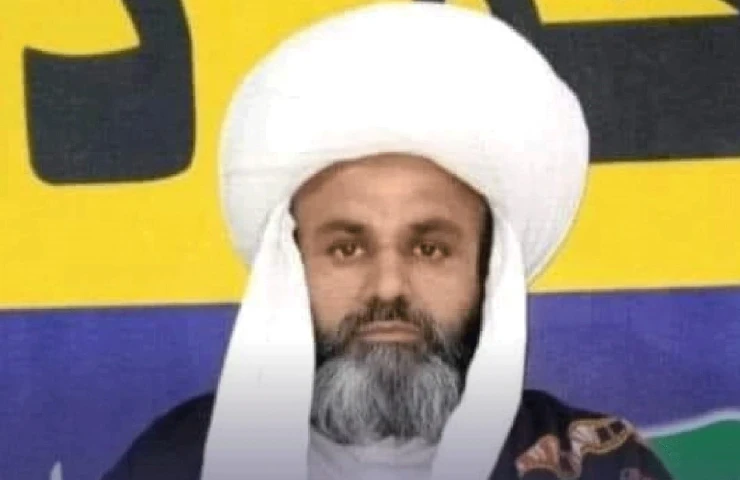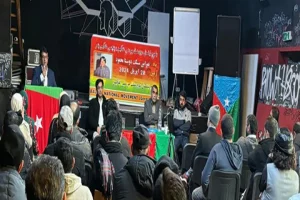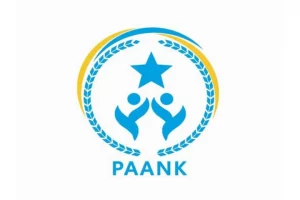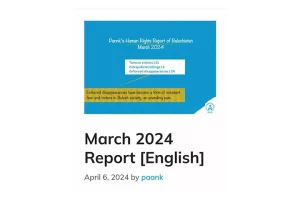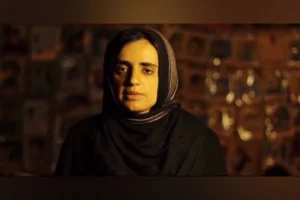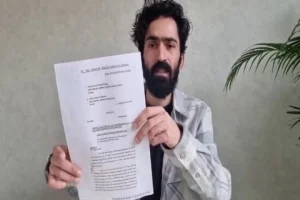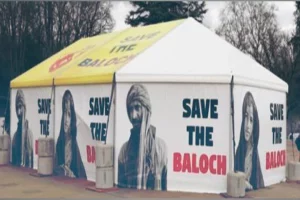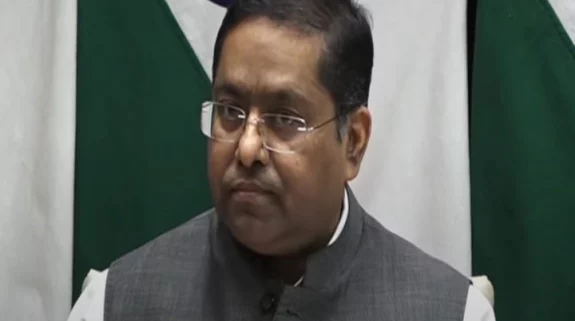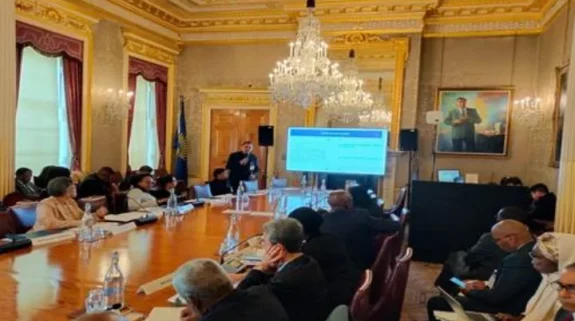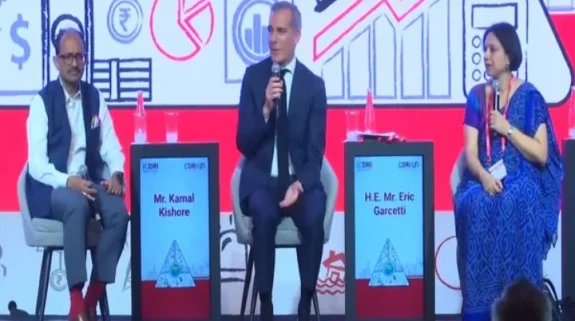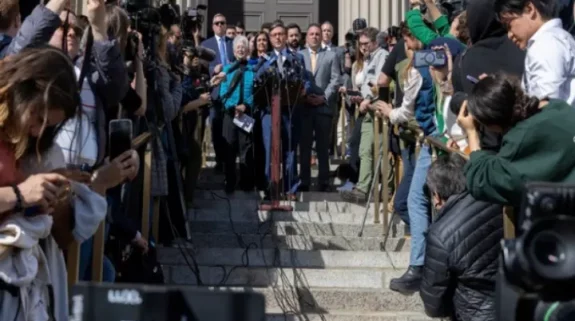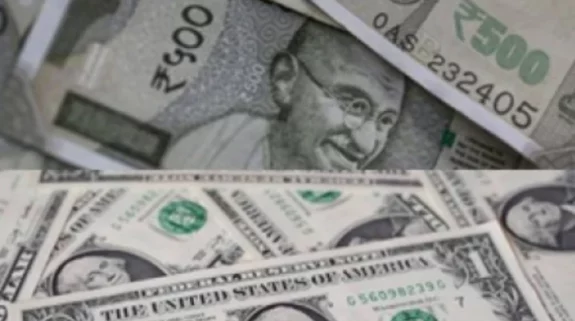Jamaat-e-Islami (JI) leader Maulana Hidayatur Rehman Baloch has called off the popular 'Balochistan Ko Haq Do' movement after signing a deal with the Balochistan government.
Even though he announced the end of the protest from the stage, many local people said that they plan to carry on with the sit-in as the governments are known to renege on their promises.
مولانا فتح مبارک
گوادر کے مظلوموں نے بے لوث بیباک قیادت کیساتھ چل کر فتح حاصل کی ہے
آپکو اور گوادر کے عوام کو سلام
معاہدے پر عملدرآمد پر نگاہ ہے معاہدے کاخیر مقدم اور دو نمبری کو مسترد کرتے ہیں
اہل گوادر کو حق تو دینا ہوگا
آپکا آپکی ٹیم کا انتظار کراچی لاہور اسلام آباد میں ہے https://t.co/eWyBtQEdpI— Dr. Meraj Siddiqui (@DrMerajS) December 16, 2021
Maulana Rehman, who had built up the 'Give rights to Gwadar' movement assiduously over the past over a month, even catching the attention of the international media, warned officials that if they go back on their promises, he will soon implement his threat of the “million march to Quetta".
Geopolitical analyst Mark Kinra examined the deal for India Narrative. He says: “Maulana played the game of protests well to get some essential rights for the fisherman and trading community of Gwadar by projecting these at the national level but he has stopped short of seeking long-term benefits for the Baloch like water, electricity and jobs in CPEC”.
On a personal front, the Gwadar protests’ leader has been able to get his name quashed from current and future cases including his removal of name from the fourth schedule.
Kinra adds that he has also secured a victory for the Baloch fishermen as the government has agreed to ban commercial trawlers from 12 nautical miles to 30 nautical miles. This immediately opens up livelihood opportunities for the Baloch men.
Maulana Rehman had held a meeting on Wednesday evening with Balochistan Chief Minister Qudduz Bizenjo, cabinet ministers and federal officials to sort out the issues facing the Baloch people in Gwadar and the province.
However, the maulana’s agreement with the government does not mention one of the biggest issues in Balochistan—enforced disappearances, for which Maulana Rehman was willing to do the million march till Quetta and Islamabad. Kinra says: “Maulana finely balanced the rights but took care not to cross the red line of enforced disappearances as that could really perturbed the Pakistani Army. It would be interesting to see how his party Jamaat-e-Islami performs in the upcoming polls.
The Balochistan Ko Haq Do leader told the protestors that the government has accepted all demands of the protestors including contentious ones that can only be accepted by the Imran Khan government, like curbing the trawling mafia, eliminating security check posts and reopening the border with Iran. Some of these issues are sensitive to the Imran Khan government as these relate to China and the $62 billion China-Pakistan Economic Corridor (CPEC) projects.
Significantly, with the agitation garnering mass support locally and with national opposition parties joining the fray, the Baloch agitation would have only added to the governance pains of Imran Khan, who had tweeted sympathetically about the agitation last Sunday.
In an effort to negotiate a deal with the protestors, the Pakistani prime minister had sent Planning and Development Minister Asad Umar, Minister for Defence Production Zubaida Jalal and the CPEC Authority chairman Khalid Mansoor, as negotiating to some of the contentious demands were not within the purview of the Balochistan government.
Even though the Balochistan chief minister visited the site of the protest and urged the people to vacate the site, the people refused to end their protest.
The government has agreed to crackdown on the “trawler mafia” in the Baloch Sea; the local fishermen will have unhindered access to fishing; security check points due to the CPEC will be reduced and local people will not be held up for hours in case of VIP movement. All of these problems have come up due to the presence of Chinese nationals working on the CPEC.
Among other demands, in an effort to boost livelihoods the government has agreed to reopen the border with Iran and withdraw the cases lodged against the protestors.






